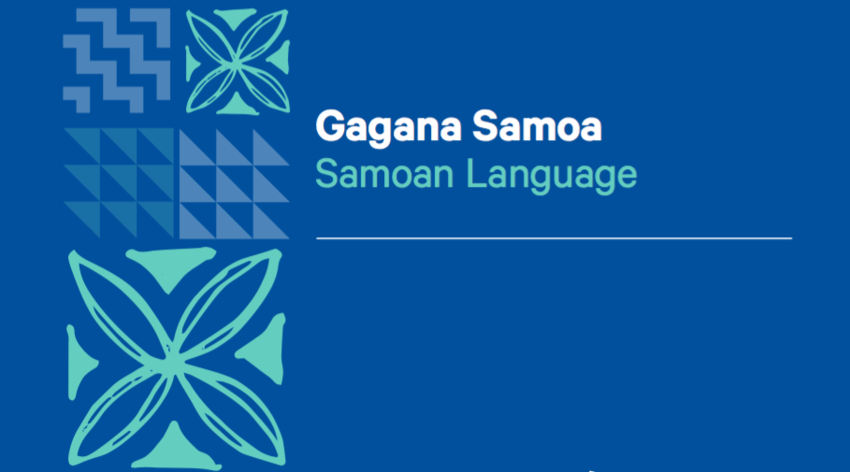"It will Die" - Samoan Language

By Lefaoali'i Dion Enari
Vaiaso o le Gagana Samoa (Samoa language week) is not only a time to celebrate, but also reflect upon and address our language issues. Although Samoan is the second most spoken language in Auckland, and the third most spoken in New Zealand, it is experiencing decline. The decrease in language usage is both visible in statistics and everyday interactions, particularly among those who are New Zealand born. Sadly, if we are not careful, ‘it will die’ in 3 generations. The fact that many Samoans would not be able to understand this article if it were written in Samoan, is in itself concerning.

Before looking at ways to sustain the Samoan language, I believe we must first remember why it’s important. As I reflect upon my discussions with Matai, scholars, families and educators, we were unanimous, in our belief that it was a measina (treasure). We also identified this measina as the window into the Samoan world. It is through our language, that we are able to fully access, marinate, and explore the wisdom we inherit. We also believed Gagana Samoa (Samoa language) coupled with Fa’a Samoa (Samoan way) is the essence of who we are as a people, as it holds the foundation of our sacred knowledge systems.

As a PhD researcher in Samoan language sustainability, I am both concerned and optimistic for the future. With my ‘lived experiences’ and research in Samoan diaspora, I believe there are two main ways to keep our Mother tongue alive. In a nutshell, we must intentionally speak Samoan and ‘normalize’ it’s usage in everyday life. Living in diaspora, where English is the dominant language, we must make deliberate efforts to speak our language. Even a few intentional words, which may be hard to pronounce, will help. Normalizing Samoan language is also important. The language must not only be used during celebrations, or among those who can’t speak English. It must also be heard and spoken wherever possible, with fluent speakers to beginner learners and all in between.

Luckily for us, there are many visible initiatives and events which help maintain and sustain our Gagana Samoa journey. We have churches, siva schools, family gatherings and the internet to learn from. Now (more than ever) is the time to let go of our fears (if we have any) of learning and teaching our language.
To those who are learning, malo lava (well done), many generations will be thankful for your choice. To those who are more fluent, you are vital in our fight. I humbly ask that you pass on your knowledge, not only to your family members, but also your fellow Samoan brothers and sisters. We all have an active role to play, and everyone can do their part.
It is my hope, that this Samoan language week will be remembered as the beginning of a new Samoan movement. Instead of the last dying gasp of an old one, for only when the last Samoan on earth dies, should our Samoan language die too.

Samoa ala mai
.
Lefaoali’i Dion Enari is a PhD Candidate at the Faculty of Society and Design, Bond University, Gold Coast. He holds a Master of International Relations and Ali’i Tulafale Matai (high talking Chief) title from Lepa, Samoa. His research interests include mental health, ethnography, Pacific language, cultural sustainability, Indigenous studies, and trans-nationalism.
He is from the villages of Lepa, Malaela, Vaiala, Nofoali’i and Safune.
